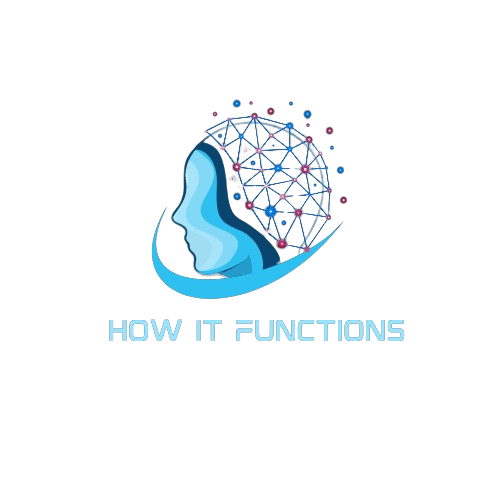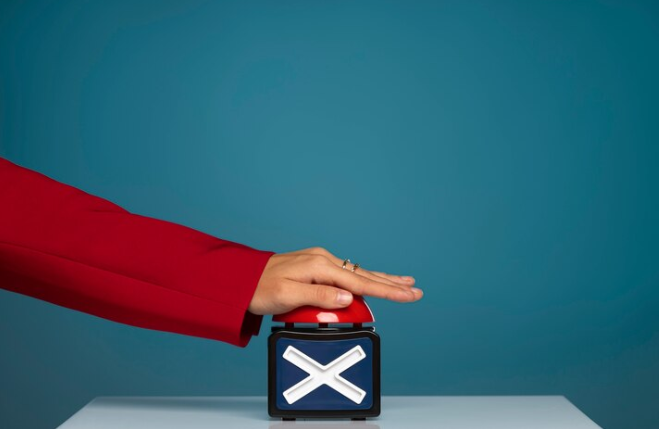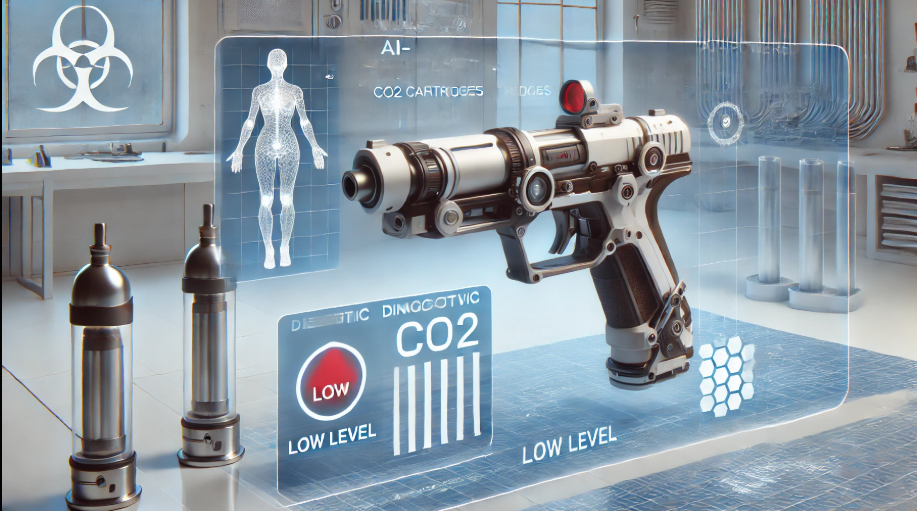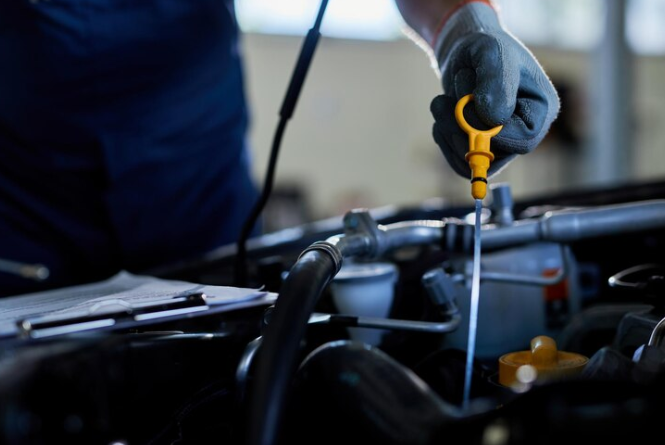Image Credit: FREEPIK
How Do I Hate Porn? Breaking free from any dependency is a journey. For those trying to overcome a porn dependency, it’s essential to understand the personal impact, take practical steps, and have a supportive environment. Whether it’s affecting your relationships, self-esteem, or day-to-day life, know that recovery is entirely possible, and you don’t have to do it alone.
Recognizing the Signs of Porn Dependency
Signs and Symptoms of Excessive Consumption
Frequent use of explicit content often begins subtly but can evolve into a habit. Common signs of dependency include loss of time spent online, secrecy about viewing habits, and negative feelings after viewing.
Recognizing Emotional and Psychological Impacts
Porn dependency can create feelings of guilt, anxiety, or frustration. These emotional impacts can also affect social interactions, relationships, and self-perception.
Acknowledge Your Triggers
Identifying Patterns of Behavior
The first step to managing a habit is awareness. By noting when and why you turn to explicit content, you can identify patterns—whether it’s boredom, loneliness, or stress—that lead you to use it as a coping mechanism.
Setting Healthy Boundaries
Setting boundaries around when and how you engage with online content can help you regain control. This might involve time limits, finding new activities, or setting aside designated “screen-free” times.
Why People Develop Porn Dependencies
Psychological Factors
Porn can become a coping mechanism for dealing with stress or emotional needs, as it releases dopamine, the “feel-good” hormone. Recognizing this connection can help you address underlying issues.
Environmental and Social Influences
Today’s digital landscape makes explicit content more accessible than ever. Often, social isolation or boredom exacerbates these tendencies, making it crucial to address the environmental factors that contribute to dependency.
Building a Positive Mindset
Practicing Self-Compassion and Patience
Recovery isn’t an overnight journey, and beating yourself up won’t help. Learning to treat yourself with kindness and patience is essential to progress.
Recognizing Recovery as a Journey
There may be ups and downs, but each step forward counts. A positive mindset is the foundation of your recovery journey.
Strategies for Breaking Free
Mindfulness and Meditation Practices
Mindfulness can help you become more aware of your thoughts and behaviors, making it easier to pause and resist impulsive actions. Meditation can also reduce stress, which is often a trigger.
Developing New, Healthy Habits
Building new habits can replace the time and energy once used for old habits. Try exercising, reading, or engaging in creative outlets like painting or music.
Developing a Support Network
Reaching Out to Friends and Family
Confiding in close friends or family can provide emotional support, accountability, and encouragement.
Considering Support Groups and Counseling
If you find it challenging to how do i hate porn. Professional support can offer practical strategies and help you feel less alone.
Setting Goals and Measuring Progress
Defining What Success Looks Like for You
Setting clear goals—such as reducing viewing time—gives you a tangible target. Focus on what progress means to you.
Tracking Changes Over Time
Keeping a journal or checklist can help you see how far you’ve come and stay motivated.
Dealing with Relapse
Understanding Relapse as Part of Recovery
Relapses are common in any recovery process. It’s important to view them not as failures, but as learning opportunities.
How to Get Back on Track After a Setback
Reflect on the situation that led to the relapse and consider adjustments. Building resilience helps you bounce back more quickly.
Exploring New Hobbies and Interests
Benefits of Creative Outlets
Trying new activities, such as drawing or writing, can help shift your focus and provide a sense of accomplishment.
Physical and Outdoor Activities
Physical activity boosts endorphins and can be a great alternative when you’re feeling low or need a distraction.
Practicing Digital Discipline
Limiting Time Online
Managing screen time limits exposure and reduces temptation.
Using Internet and App Blockers
There are apps and tools designed to block explicit content or limit time on certain sites, helping you stay on track.
How Physical Health Impacts Mental Resilience
Diet, Exercise, and Sleep in Recovery
Good nutrition, regular exercise, and quality sleep build the mental and emotional resilience you need for recovery.
Celebrating Small Wins
Acknowledging Milestones
Each step in the right direction is worth celebrating. Whether it’s a week free of porn or making it through a challenging day, mark the milestones.
Rewarding Yourself with Healthy Treats
Positive reinforcement is essential. Celebrate your wins with healthy rewards, like a favorite activity or meal.
Looking Ahead: Sustaining Your Recovery
Creating a sustainable lifestyle is the ultimate goal. With new habits and supportive networks, you’re set for long-term success.
Conclusion: Embracing a New, Hate Porn
Recovery is a journey that requires patience, self-compassion, and dedication. With each step, you’re building a new life, equipped with the tools to navigate challenges and embrace a fulfilling future.
Also Read: How To Find Dominatrix In Your Town
FAQs
Q1: How Do I Hate Porn?
Recovery timelines vary. Consistency and a positive mindset make a big difference.
Q2: Can I overcome this on my own?
It’s possible but often easier with support. Consider reaching out to friends or professionals.
Q3: What if I relapse?
Relapses are normal. Acknowledge it, reflect, and get back on track.
Q4: Will reducing screen time help?
Yes, reducing online time limits temptation and gives you space to form new habits.
Q5: Are there resources to help?
Support groups, apps, and counselors can provide additional tools for overcoming dependency.




